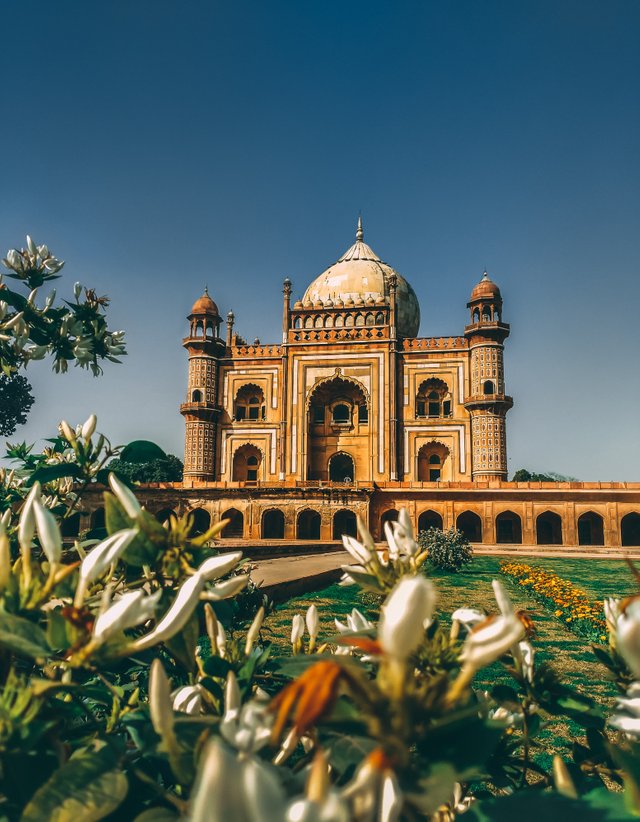
India is a land of rich culture and heritage. The country has a long history, dating back to the Vedic period. Since then, India has been through many changes, with different rulers and empires leaving their mark on the country's culture. Today, India is a melting pot of different cultures, with influences from both East and West.
If you're interested in exploring India's rich culture, there are many ways to do so. You can learn about the country's history, its heritage, or its festivals. Or you can simply experience it for yourself by visiting some of India's most iconic landmarks or participating in its vibrant festivals.
No matter how you choose to explore India's culture, you're sure to be impressed by its diversity and richness.
India's Cultural History.:
The Vedic period is the earliest of the four periods in Indian history. It lasted from about 1500 BCE to 600 BCE. The Vedic period is named after the Vedas, the sacred texts of Hinduism. The Vedas are a collection of hymns, prayers, and rituals composed by the ancient sages of India.
The Epic Period.
The Epic period lasted from about 600 BCE to 200 BCE. It is named after the two great Hindu epics, the Ramayana and the Mahabharata. The Ramayana tells the story of Rama, an incarnation of the god Vishnu, who rescues his wife Sita from the demon king Ravana. The Mahabharata is a long and complex epic poem that tells the story of a civil war between two branches of a royal family.
The Gupta Period.
The Gupta period lasted from about 320 CE to 550 CE. It is named after the Gupta dynasty, which ruled over much of northern India during this time. The Gupta dynasty was known for its patronage of arts and sciences. Under Gupta rule, India achieved a high level of cultural and artistic achievement. One of the most famous works of Indian literature, the Mahabharata, was written during this period.
The Medieval Period.
The Medieval period lasted from about 550 CE to 1500 CE. It is a period of Indian history that is often divided into two parts: the early Medieval period (550-1000 CE) and the late Medieval period (1000-1500 CE). The early Medieval period is marked by the rise of several regional kingdoms, while the late Medieval period is marked by the arrival of the Turks and Mongols in India.
The British Period.
The British period began in 1600 with the arrival of the East India Company in India. The East India Company was a British trading company that had been given a royal charter by Queen Elizabeth I to trade with India. The company soon began to interfere in Indian politics, and by 1858 it had taken control of most of India. In 1947, India gained independence from Britain, and the British period came to an end.
India's Cultural Heritage.
The official language of India is Hindi, although there are many other languages spoken throughout the country. English is also widely used, especially in business and government. The diversity of languages in India is reflective of the country's rich cultural heritage.
Literature.
Indian literature dates back to the Vedic period, when the ancient sacred texts known as the Vedas were first written down. Since then, a rich tradition of poetry, drama, and storytelling has flourished in India. Many of the world's great epic poems, such as the Mahabharata and the Ramayana, were first composed in Sanskrit, the classical language of India.
Philosophy.
Philosophy has been an integral part of Indian culture since ancient times. The Vedas and Upanishads, two of the most important Hindu scriptures, are philosophical texts that explore the nature of reality and human existence. Indian philosophy is also deeply influenced by Buddhism, which was founded in India in the 6th century BC.
Religion.
Religion plays a central role in Indian culture. Hinduism is the dominant religion in India, followed by Islam, Christianity, Sikhism, Jainism, and Buddhism. India is also home to